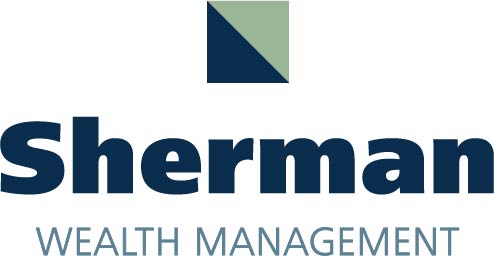There are always lots of money management questions when it comes to investing and saving. Both of these actions are crucial in building your wealth and are stepping stones to reaching your financial goals. One common question we typically get asked by prospects and clients is, “What should I do with money that I will need in the near future?”. This is a great question, because while there is no one right answer due to the fact that everyone’s financial situation differs, there are a few financial tips we can discuss.
Typically, money you will need in the near future is for a large purchase or goal, or an emergency fund you like to keep at arm’s length. Regardless of the reason, for dollars you don’t want to invest for the long-term, think about opening a high-yield savings account.
High-yield saving accounts differ from traditional saving accounts as they provide significantly higher interest rates, allowing you to earn more money and keep pace with inflation. Your traditional savings account is probably earning you close to zero each month, whereas some high-yield savings accounts are offering rates close to 1%.
The process of opening this type of account is extremely simple, and will only require a few clicks on your computer. So why not make this easy change and take advantage of this great opportunity? While there are other options available when thinking about investing your money for the short-term, high-yield savings accounts are a great start. Click here for CNBC’s top pick’s for high-yield savings accounts and let us know if you have any questions about your particular financial situation. As mentioned earlier, since everyone’s financial goals, priorities, and backgrounds are different, it’s always a good idea to speak with a financial professional about how to make the best decisions for you and your family. If you have any questions for us or want to schedule a complimentary 30-minute consultation, book some time now!









